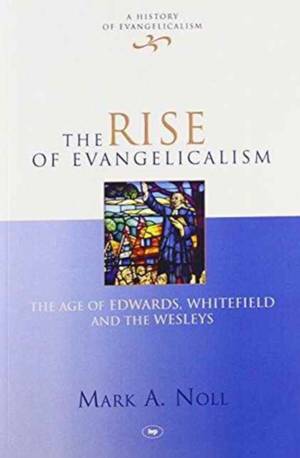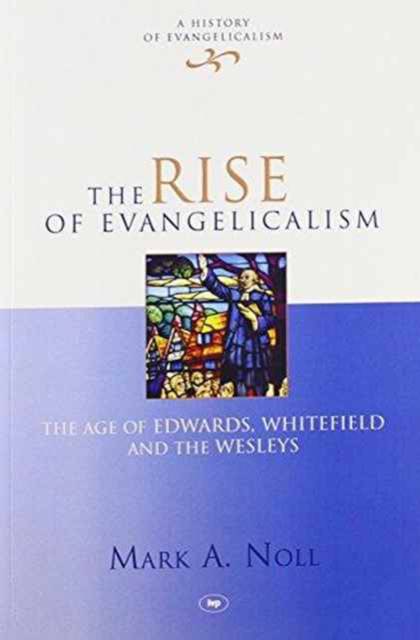
- Retrait gratuit dans votre magasin Club
- 7.000.000 titres dans notre catalogue
- Payer en toute sécurité
- Toujours un magasin près de chez vous
- Retrait gratuit dans votre magasin Club
- 7.000.000 titres dans notre catalogue
- Payer en toute sécurité
- Toujours un magasin près de chez vous
Description
This series presents, for the first time, a connected history of evangelical movements throughout the English-speaking world, from the 1730s to the 1990s.
The five volumes are united by their use of a common definition of evangelicalism that stresses conversion, reliance on Scripture, activism (especially in evangelism) and the centrality of the cross of Christ. The series offers provocative interpretations as well as factual details, provides extensive bibliographical references and is accessible to a wide readership.
This volume provides a coherent, multi-national narrative of the origins, development and rapid diffusion of evangelical movements in their first two generations, from the 1730s to the 1790s. The primary focus is on Britain and North America; historical links to Europe and then connections to Africa, Australia and beyond are also important.
Much of the discussion is devoted to landmark individuals, events and organizations, and contains many biographical sketches of the era's best-known leaders - Jonathan Edwards, John and Charles Wesley, George Whitefield, Selina, Countess of Huntingdon, John Newton, Hannah More - along with many lesser-known figures.
Spécifications
Parties prenantes
- Auteur(s) :
- Editeur:
Contenu
- Nombre de pages :
- 320
- Langue:
- Anglais
- Collection :
- Tome:
- n° 1
Caractéristiques
- EAN:
- 9781844745616
- Date de parution :
- 16-09-11
- Format:
- Livre broché
- Format numérique:
- Trade paperback (VS)
- Dimensions :
- 156 mm x 234 mm
- Poids :
- 506 g







